Social media: Can politicians avoid the pitfalls?
- Published
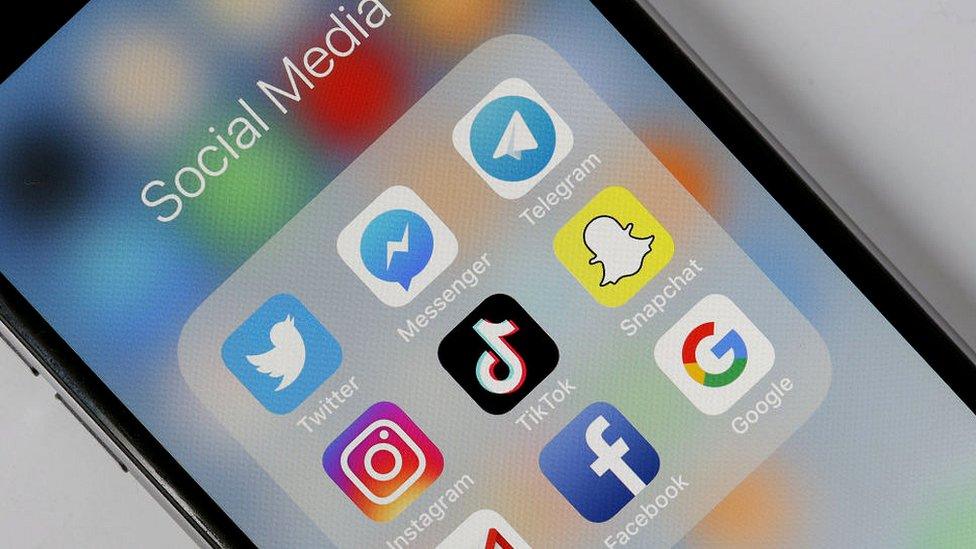
Social media usage by politicians in Northern Ireland is under the spotlight
Historical tweets by politicians on social media have been under scrutiny in the past week, but can politicians safely navigate social media?
UUP leader Doug Beattie was heavily criticised and apologised after past tweets of his came to light.
That was followed by Sinn Féin describing posts by three of its assembly members as "unacceptable".
BBC News NI has talked to a former press officer, a former MP and a professor who specialises in social media to find out whether pitfalls can be avoided.

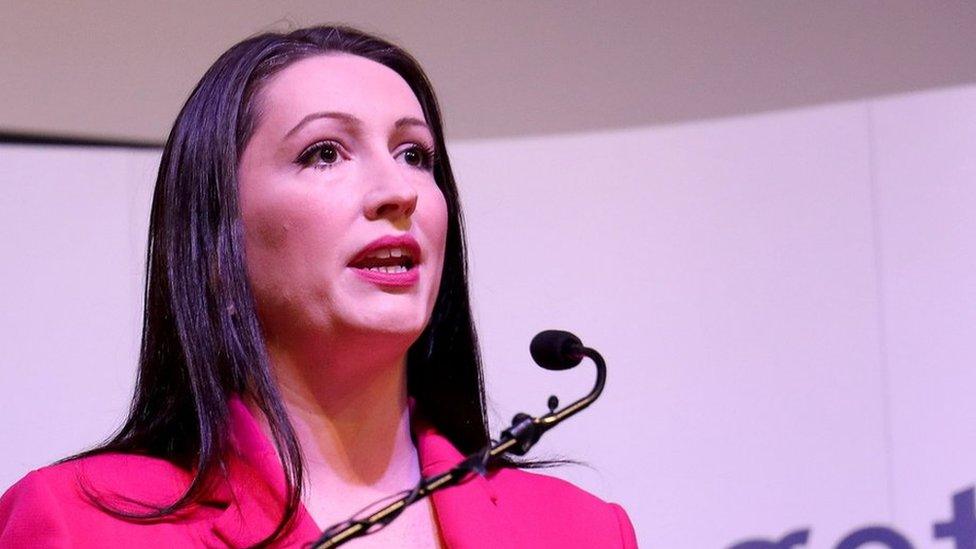
Emma Little-Pengelly says social media presents cross-generational issues
The former MP
Emma Little-Pengelly is a former special adviser, member of the legislative assembly (MLA), junior minister and Democratic Unionist Party MP, but left the party in 2021 to return to practising law.
She said she was able to enter politics as an MLA with a blank canvas in terms of her social media, only opening a Twitter account "two or three days" before starting work as an MLA in 2015.
"What is quite striking about the kind of tweets that have come out is the way that people approached social media at that time, Twitter was a very different place around 2011-12," she said.
"People treated it very much more like Facebook or messenger, there was much more joking about, saying personal stuff, being very much in a non-professional and non-work mode.
"People didn't realise that things could be screenshot and kept forever and that's what is very much coming back to bite people.
Mrs Little-Pengelly said she had several young people who would have worked with her when she was a politician and the issue was very much cross-generational.
"I have no doubt now that a lot of companies and indeed political parties do due diligence, trying to look up whether there is a digital footprint for a person, what have they said in the past?" she said.
"There are real dangers here, it will undoubtedly ruin people's lives in the next 10 or 20 years in terms of what will come out, from what they put up in their teens and early 20s.
"There is a big cautionary tale here but unfortunately it's far from over in terms of the damage that it's going to do."
The social media professor
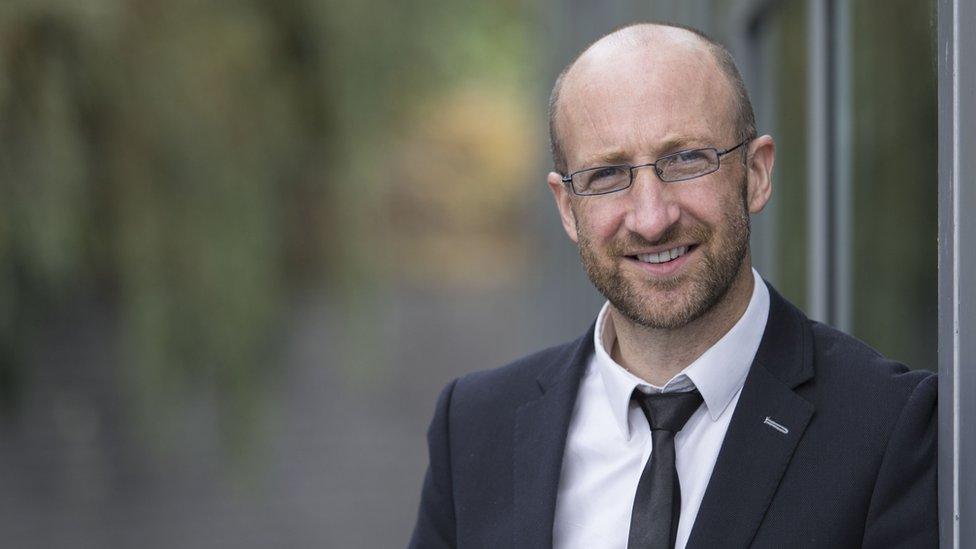
Prof Curran said social media was a balancing act for politicians
Kevin Curran is a professor of cyber security at Ulster University and also specialises in social media.
He said the past week's events was a case of politicians finding out that "what goes online, mostly stays online" and he believed public figures should be more proactive about their social media usage.
"My advice would be to attend compulsory social media training, to be willing to stand over everything you say and just don't try to be too smart or funny about it," he said.
"Don't do it just for the sake of doing it, do it with a focus on what you're saying.
"When it comes to politics, because it's so polarised, people don't really see the humour in things, there's also an edge to it, an ugly edge quite often.
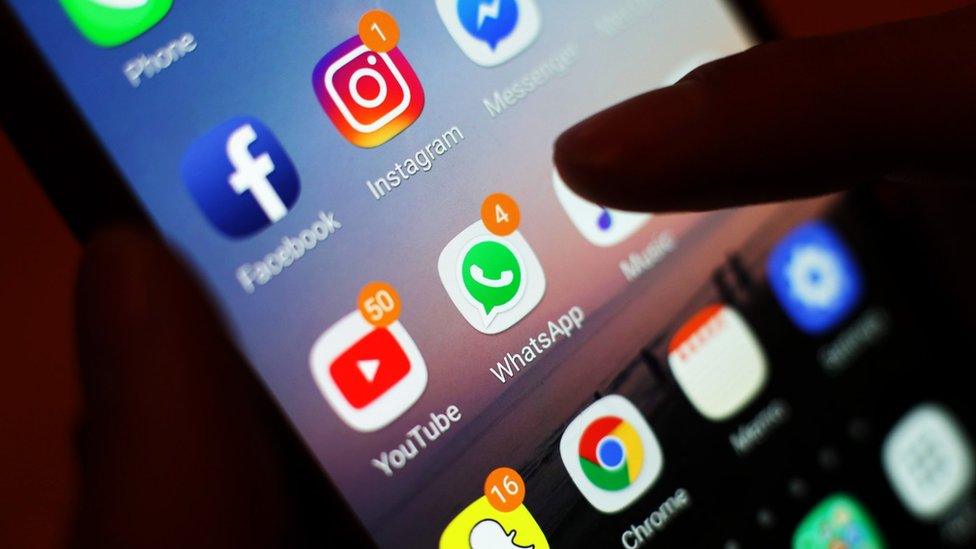
Prof Curran said social media usage was a double-edged sword as it could make politicians seem more "approachable and real" but could also "come back to haunt them".
He urged politicians to enlist help to ensure costly gaffes were avoided.
"In some ways it wouldn't hurt some people to have a social media person to come and act as a filter on their posts, to act as an independent party to cast an eye over tweets.
"Whether or not people or politicians get to that stage where they have to have a babysitter, to be honest, some people should.
"A lot of these tweets should be filtered through another party within an organisation to prevent something being said which they'll come to regret at a later stage."
The former party press officer
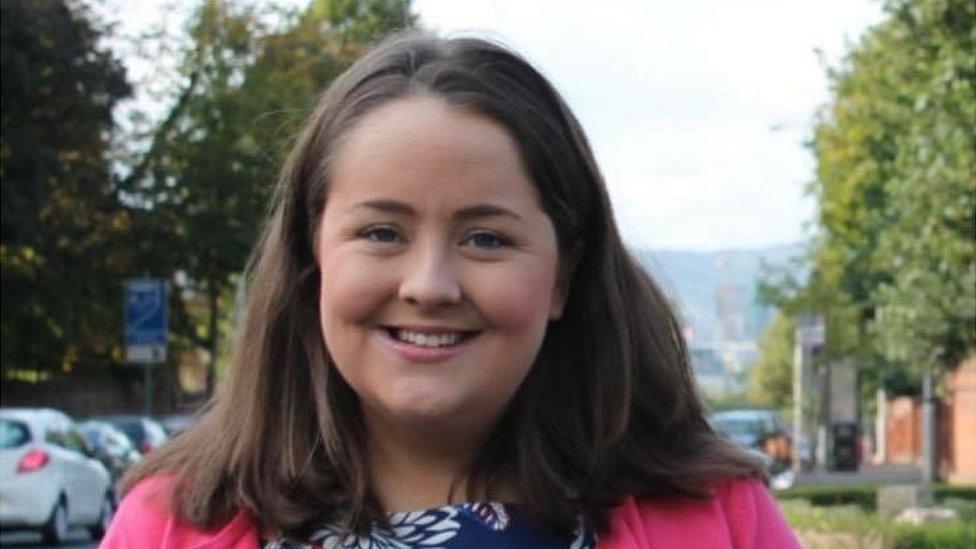
Clíona McCarney said parties are investing in social media
Clíona McCarney was a press officer with the SDLP between 2019 and 2021, before moving out of politics.
She said in situations where a comment on social media by a politician starts to receive negative attention, the general first reaction would be "panic stations".
The resurfacing of past social media posts is something she said had previously been more frequently seen in countries like the United States.
Ms McCarney said it was not something overly policed or monitored during her time in politics.
"Ultimately there is a lot of responsibility on individual MLAs, MPs and councillors to update their social media channels," she said.
"To be honest it wasn't something that I ever recall doing in my time at Stormont, but I would say quite a few press officers spent a bit of time doing that this week."
However, she acknowledged that with its growing importance, social media had become a key area of interest for parties.
"Parties are investing huge amounts of money in it, whether employing social media officers or paid advertisements," she said.
"In terms of social media, it's very hard, because politicians are asked to be open and to be authentic, but that comes with challenges and risks as well.
"I think for new candidates my advice would be 'don't ever post anything that you wouldn't be happy to have printed on the front pages of the newspapers'."
- Published12 November 2020
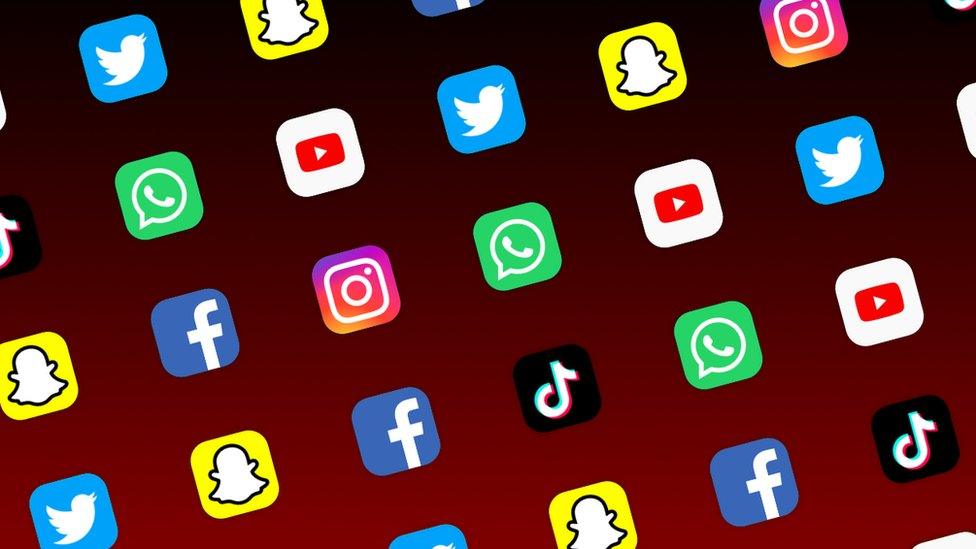
- Published27 May 2021
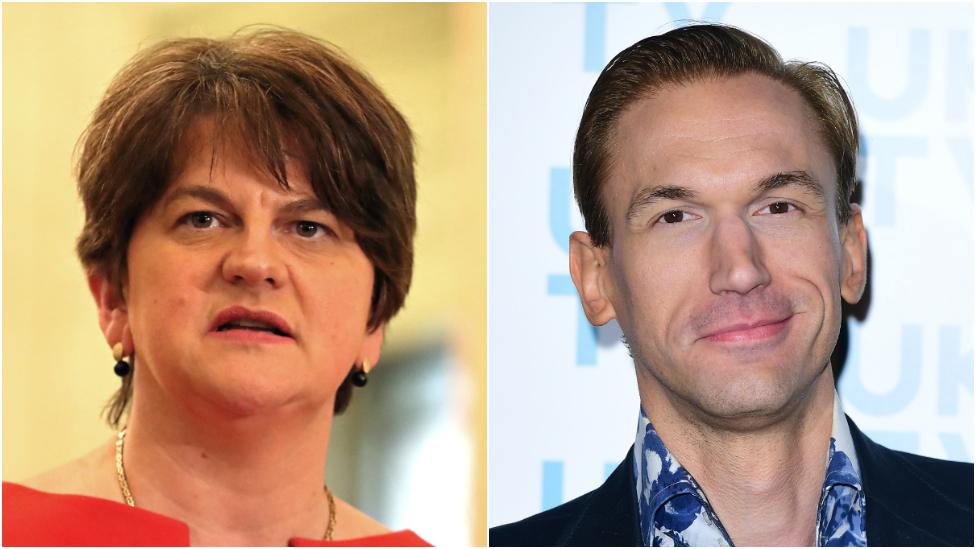
- Published10 September 2021
